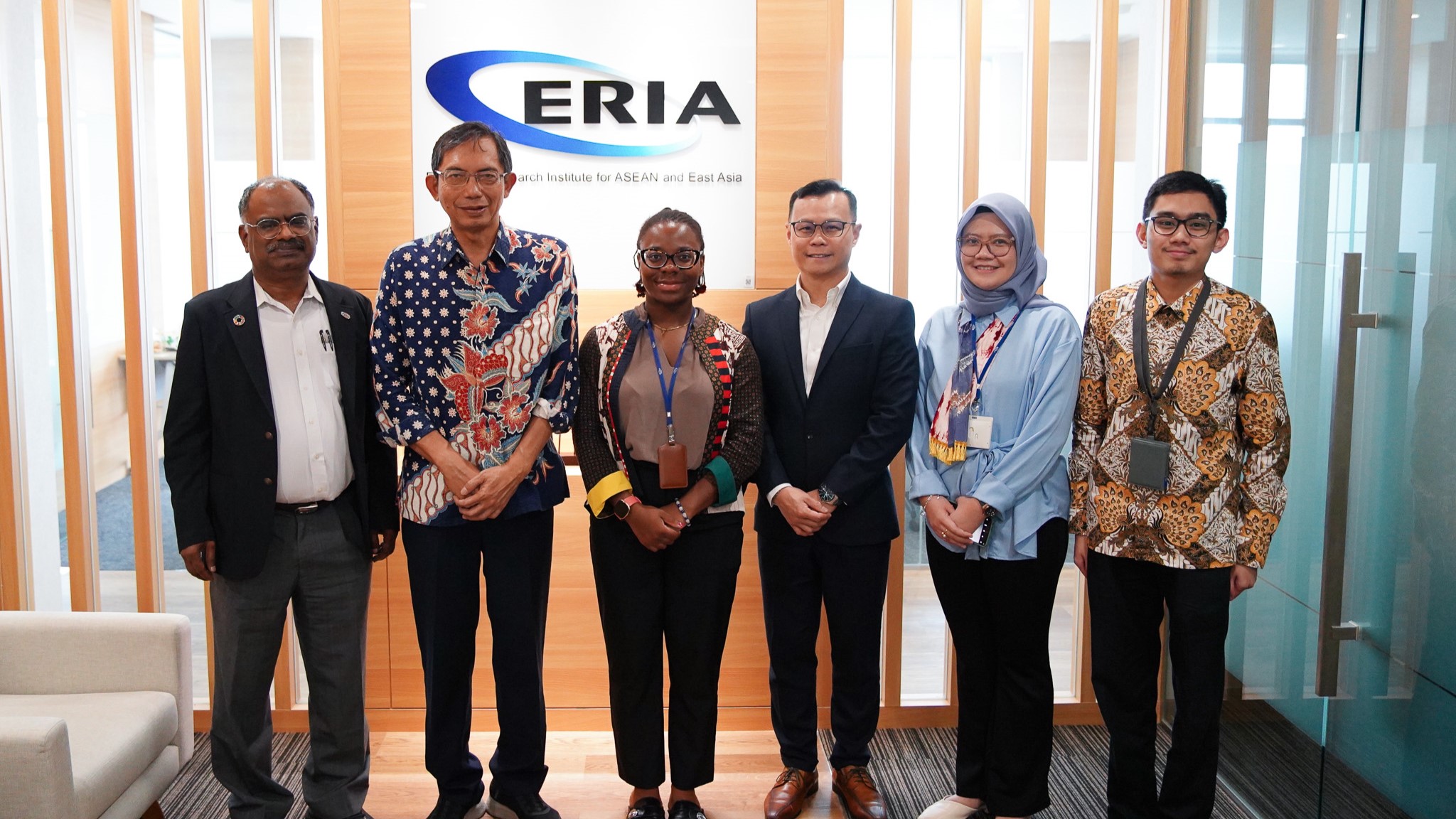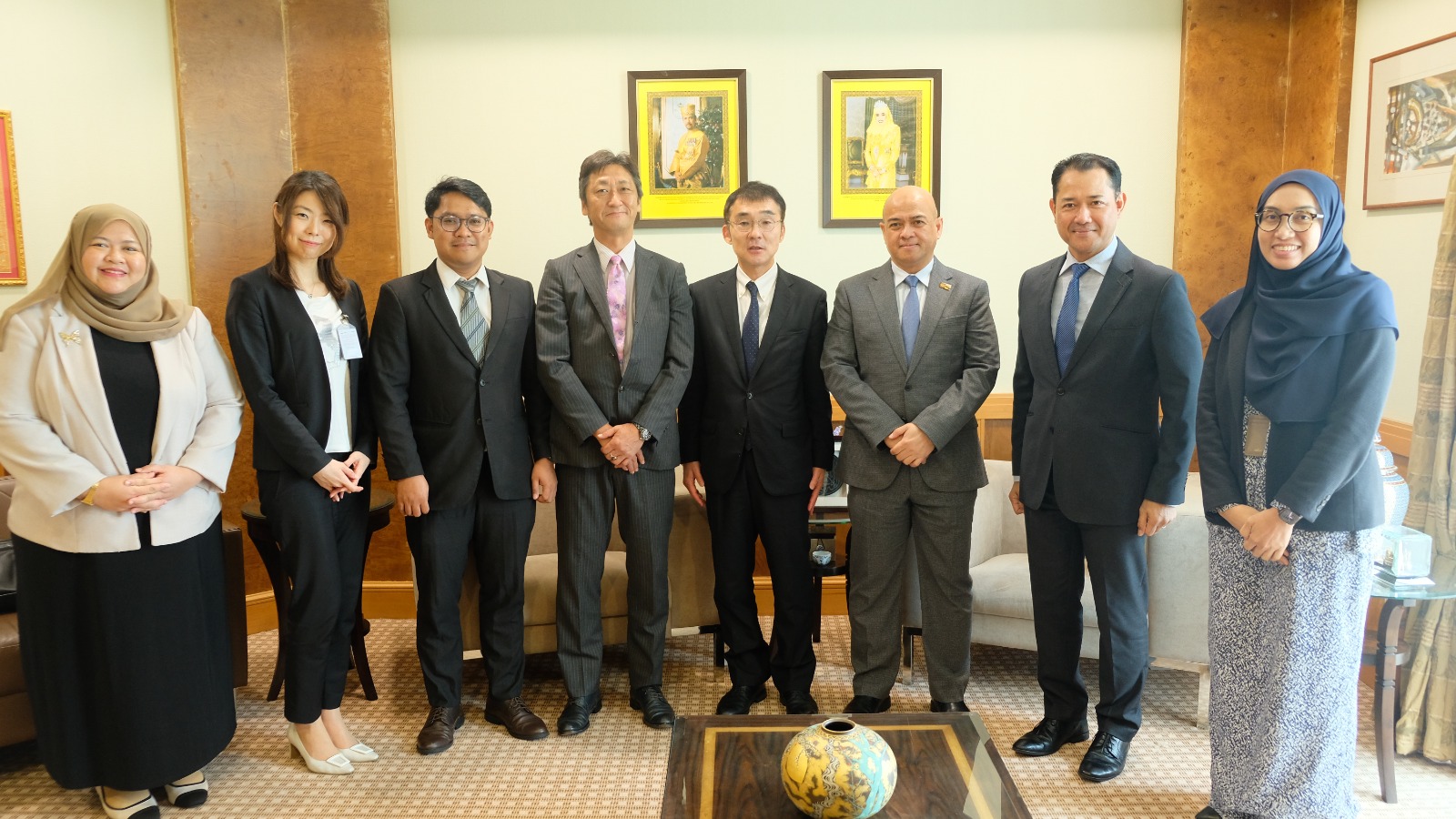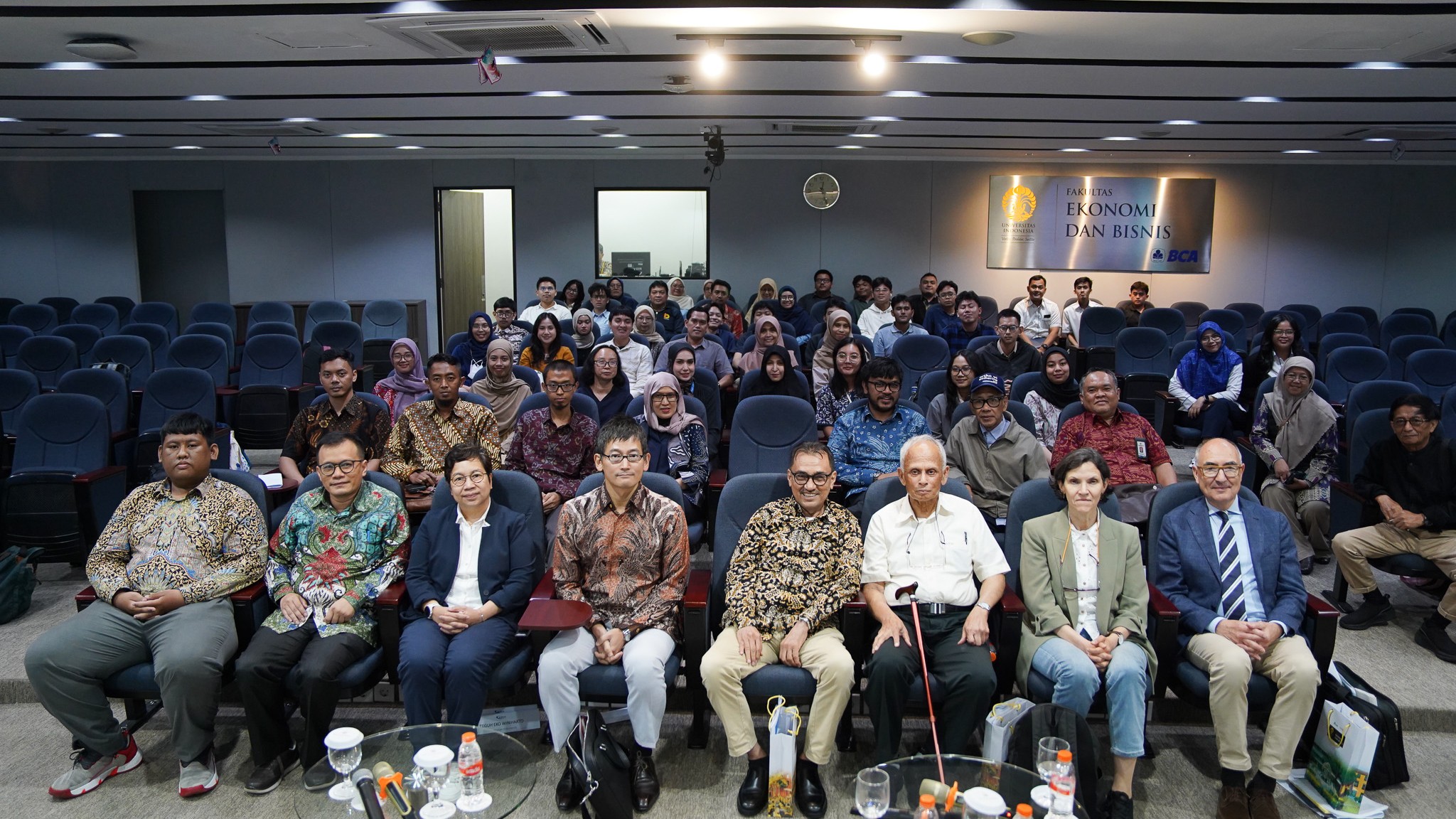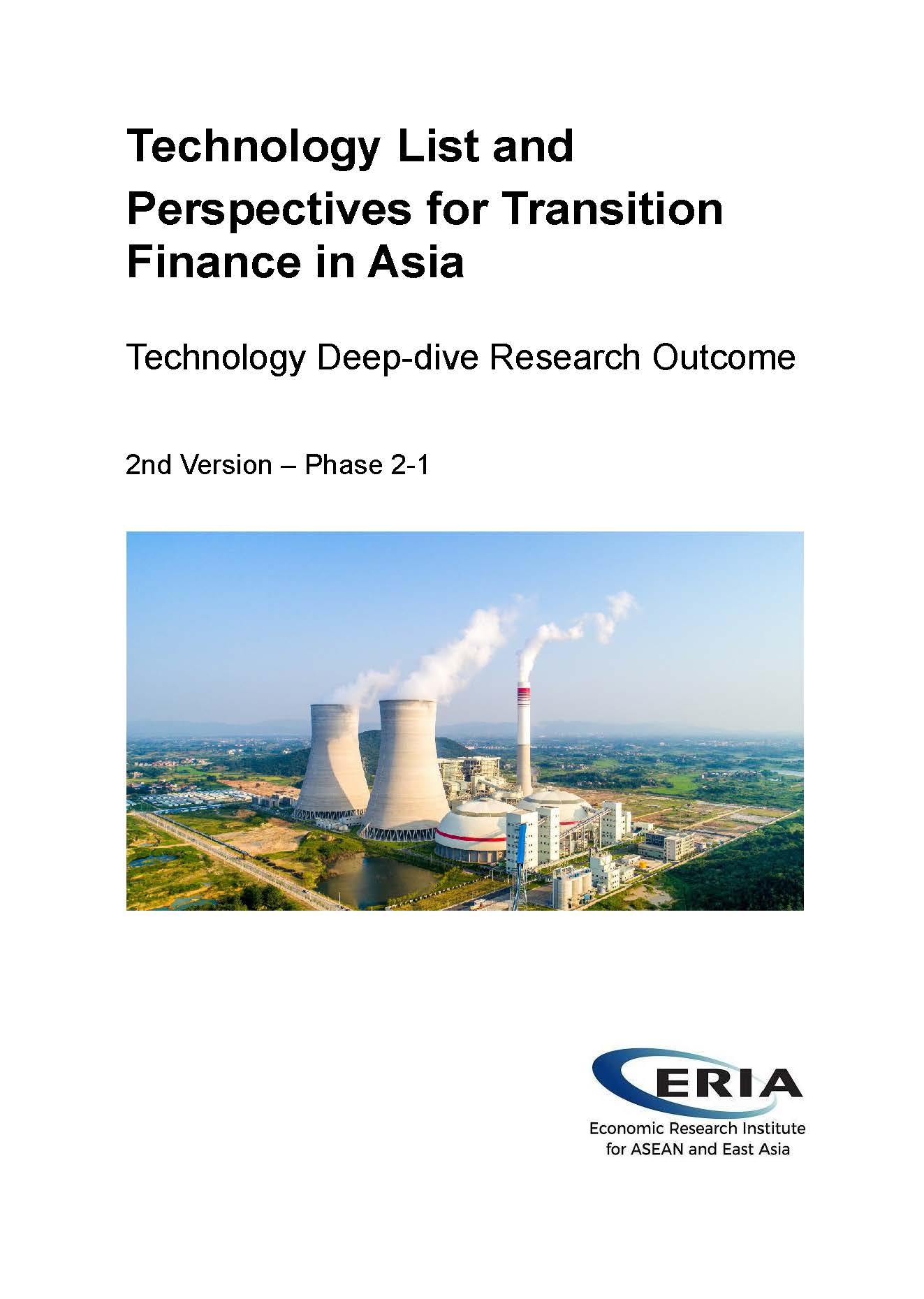ERIA Organises Inception Meeting for the Study on Digital Twins for Deep Sustainability
Date:
16 January 2025Category:
NewsShare Article:
Print Article:
Jakarta, 16 January 2025: ERIA hosted the inception meeting for the Digital Twins for Deep Sustainability study, aiming to explore opportunities and challenges in leveraging digital technology for advancing Smart Cities and achieving deep sustainability goals (SDGs). Digital twins, virtual replicas of physical urban environments, enable real-time monitoring, analysis, and predictive modeling of urban scenarios. These tools have the potential to transform sustainable urban development across ASEAN by informing decisions in infrastructure planning, disaster management, and climate resilience.
The hybrid session was held in Jakarta, Indonesia, and brought together 18 international experts, senior researchers, and high-level executives from ASEAN, East Asia, Australia, Europe, and the United States. The meeting featured four thematic sessions addressing strategies and case studies on how digital twins can revolutionise city resilience, foster urban inclusivity, and tackle data governance and policy issues related to digital twin development and deployment.
Opening Remarks
Dr Venkatachalam Anbumozhi of ERIA opened the meeting, emphasising that the adoption of digital twin technology represents a paradigm shift in urban governance for ASEAN. He highlighted the need for collaborative efforts, strategic investments, and addressing potential risks and challenges. The study aims to propose regional strategies for implementing digital twins, focusing on open, interoperable platforms and robust data governance to support decarbonisation and climate adaptation.
Session Highlights
- Revolutionising Sustainability and Livability: Chaired by Fauziah Zen of ERIA, this session explored the transformative potential of digital twins in ASEAN Smart Cities. Presentations by Vijay Jagannathan (World City Net), Kok-Chin Tay, and Elaine Liew (Smart Cities Network) examined challenges such as insufficient investment, rapid urbanisation, and limited data accessibility. Emerging trends like IoT-enabled infrastructure, AI-powered urban planning, and big data analytics were also discussed.
- Case Studies on City Resilience and Sustainability: Chaired by Dr Anbumozhi, the second session showcased case studies of digital twin technologies in Singapore, Japan, the Republic of Korea, and Chicago. Presenters, including Terrence Kok (Meinhardt Group), Namaita Junichi (Mitsui & Co., Ltd.), Boris Kim (Seoul Digital Foundation), and Adhityan (University of Pennsylvania), highlighted the ability of digital twins to optimise city operations and predict human behaviour, paving the way for more resilient urban systems.
- Indicators for Inclusive Urban Sustainability: Led by Professor Suhono Harso Supangkat (Bandung Institute of Technology), this session addressed collaboration between public and private sectors to integrate SDGs into digital urbanisation. Presenters, including Saito Takahiro (Kajima Corporation), Yasuo Kannami (Pacific Consultants Co., Ltd.), and Sivanappan Kumar (Naresuan University), stressed the need to promote inclusive urban sustainability through innovative digital modeling.
- Data Governance and Public Policy: Chaired by Terrence Kok (Meinhardt Group), the final session delved into data governance and policy challenges. Speakers like Stéphane Pean (Ker-Iz Consulting), José Palma Andreas (Lisbon and London School of Economics), and Lanfranco Marasso (AlmavivA) shared case studies from Europe, proposing adaptable solutions for ASEAN countries.
Key Takeaways and Conclusion
Group discussions underscored the importance of data standardisation, privacy, and public acceptance to advance sustainability while aligning with Nationally Determined Contributions (NDCs) under the Paris Agreement and SDGs.
Fumitaka Machida and Dr Anbumozhi concluded the meeting, reiterating the need for Public–Private–People Partnerships and accessible, shareable data to foster sustainable urban environments. Participants agreed that digital twin technology could optimise resource management, improve infrastructure resilience, and drive sustainable development in ASEAN. The study will culminate in a reference book on digital twins for deep sustainability, supported by collaborative efforts, structured learning, and stakeholder consultations.

.jpeg)






